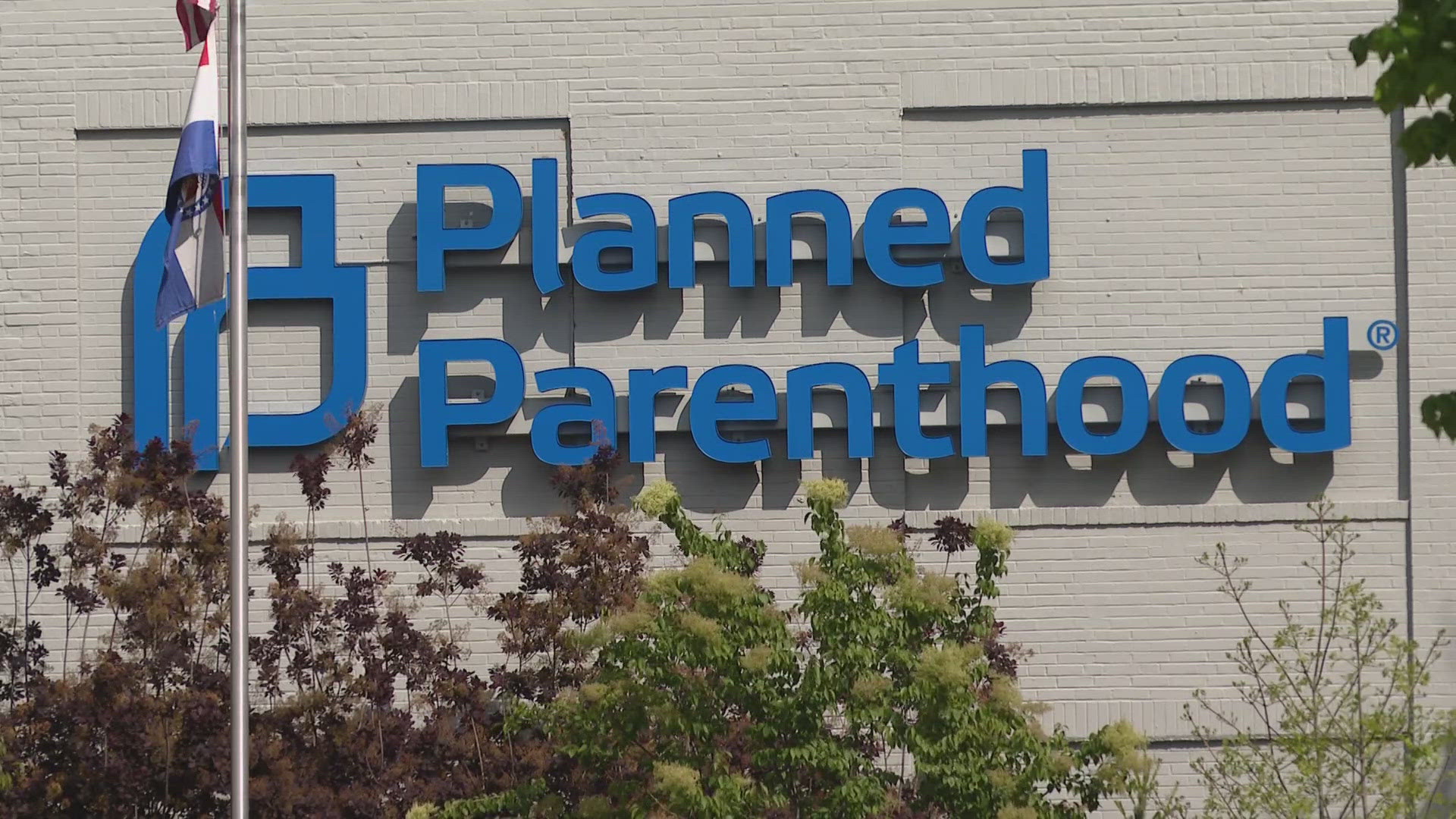The Larry Nassar sexual abuse trial captivated Americans. Friday’s attempted attack on Nassar by Randall Margraves, the father of two of Nassar’s victims, proved to be one of the most explosive moments of the case.
Many parents might identify with that father's reaction. But how should you deal with learning your child was the victim of sexual abuse?
Licensed Professional Counselor Heidi Harbin, MA, of Safe Connections said it's complicated.
For young people, dealing with sexual abuse or assault can be as confusing as it is traumatizing. That's why Harbin says it's critical for parents to stay calm, make the child the focus and take the time to get them the help they need.
Teens who were abused or assaulted can have a hard time talking about it and often feel they're the ones responsible.
“I think a lot of times teens are afraid to tell their parents because they know they'll be upset,” said Harbin. “And they think 'If I don't talk about this it'll go away.' The problem is it doesn't go away.”
That's why she feels the women who've come forward in the Nassar case are inspirational.
“They're basically saying, ‘Hey, I’m bigger than this. You can't silence me by putting shame on this. It's not my fault what happened to me and I’m going to tell the truth.’”
Harbin said parents will naturally have questions when they learn their children were abused. And it's easy to push too far or get upset.
“Fight the impulse to grill them and ask every detail. Stay with them, provide the emotional support first. Let them know that you're not blaming them for anything that happened,” she said.
And what if your child tells you about abuse or assault, but begs you not to report it to authorities for fear of embarrassment or shame?
“For those parents I would say please, think not just about your child, but about other people's children and the precedent that's being set by the decisions you make,” she said.
Harbin said each case is different and talking with your child about their needs is the first step.
Safe Connections is one of many resources in the St. Louis area where parents and children can get help.
Parents needing to report child abuse of any kind can call 1-800-392-3738 in Missouri or 1-800-252-2873 in Illinois.


